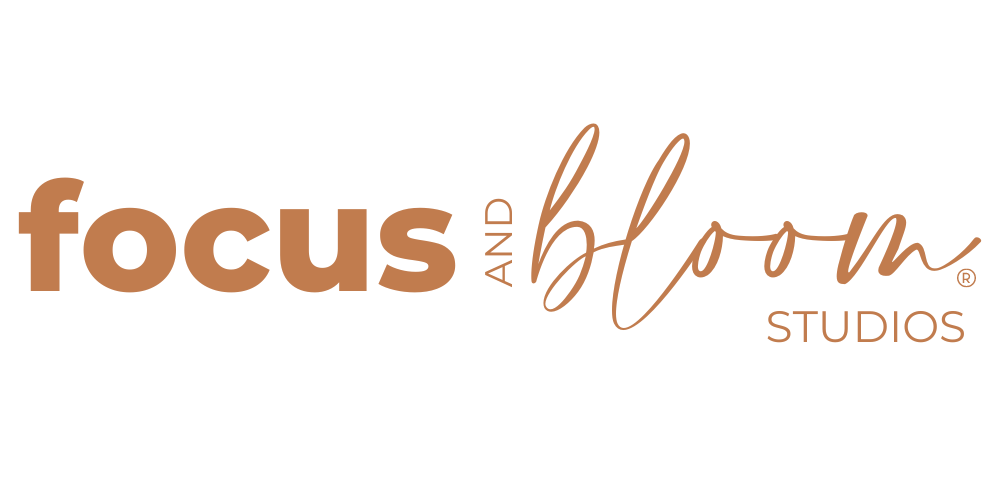E22: Managing Business Finances with Jen Patterson
“If you forget yourself, if you forget your ego, then everything disappears because you’re so focused on creating value, you’re so focused on helping others, that there’s no such thing as fear.”
-Daria Vodopianova
After spending time in the world of credit counseling and financial planning, Jen decided to dive into online business when she became a mother. After learning some hard lessons, she landed in the business of being a Profit Coach where she helps people budget their income to best control finances and keep their business growing.
MANAGING EXISTING DEBT OR AVOIDING DEBT WHEN STARTING A BUSINESS
Debt is a part of life; it’s almost impossible to start any venture without a credit card. Just starting a website or using subscription services such as Canva or Acuity require a credit card. Learning to manage debt is a fundamental skill for running a successful business.
To avoid debt, pay attention! Look at your statement more than once a month to ensure you’re in control of your spending and not exceeding what you can pay off at the end of the month. Pay it off weekly if that helps you stay in better control of spending.
To pay down debt, open a separate bank account specifically for debt repayment. Pick a percentage (perhaps 10%) of your revenue that will be dedicated towards paying down debt. Try living on cash as much as possible so you’re not adding to your debt.
PAYING YOURSELF
Not paying yourself is an extremely common mistake! When starting a business or when a side hustle becomes a business, it’s very easy to put everything into the business so it can grow. But not paying yourself for your time and talent is a disservice to yourself. Choose a percentage of revenue that will be your payment for your time and dedication. You can start small with 1-2% and increase it incrementally as you see that you can still grow your business while paying yourself. It’s psychologically much easier to make small shifts upward in payment rather than transitioning from zero payment to a livable salary.
WHAT IS PASSIVE INCOME & HOW TO ACHIEVE DIFFERENT INCOME STREAMS
Passive income is income that does not require you to be actively doing something to earn it such as dividends from investments or an online course you created that continues to provide income after the work is completed.
More importantly than passive income is having multiple income streams. We are now experiencing a worldwide pandemic that nobody could have foreseen. Many people are experiencing job layoffs. No matter what industry you’re in, nothing is ever guaranteed in any career. Having multiple income streams in a household provides security because if one income stream disintegrates, you have another one. Even with an inheritance you have invested, you could reinvest dividends or there may come a time when taking cash dividends could help you get through a transition.
PLANNING FOR SLOW SEASONS
Have cash on hand as a slow season buffer. Open a separate bank account and save a percentage of your revenue to be used in slow seasons. These times might be anticipated if your business is seasonal or it could be a worldwide pandemic that hits unexpectedly!
BANK ARCHITECTURE
Look at your revenue as a pie and segment it into percentages for slow seasons, paying contractors, your salary, debt repayment, emergencies, taxes, etc. Open separate bank accounts for different segments, as many as you need to keep track of finances and not overspend.
SAVING FOR RETIREMENT
Saving for retirement as an entrepreneur can be tricky. It’s easy to forget about planning for the future when you’re struggling to get your business off the ground or even while in the growth phase. Retirement money comes from your personal salary and the earlier you start saving, the more compounding interest will work in your favor. Start with $50 per month if you have to, the important thing is to just START! A best practice is to save at least 10% of your gross income for retirement. The stock market is a good place to put your money and forget about it as it historically goes up over time. ETFs (exchange traded funds) are inexpensive and a great way to invest in the market as a whole rather than picking individual stocks which is much more risky. Using a qualified financial planner is a really smart move. The worst thing you can do is nothing at all!
Be sure to check out my lightning round of questions for Jen, she’s got some very cool and fun answers...especially her non-superpower power!
“The time that you spend in your business has a value and you have to be respectful of that.”
CONNECT WITH JENN:
Online: Dollar Divas
Facebook: In the Trenches Podcast
Money Smart Mamas
Instagram:Diva In the Trenches

